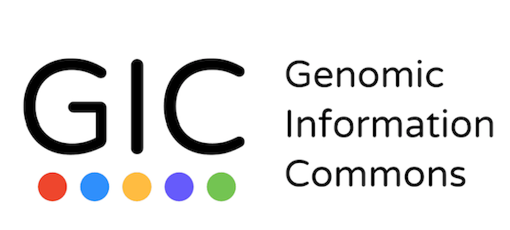An area of pioneering innovation at CHIP is federated networks, which enable decentralized approaches to data distributed across multiple sites. From our faculty’s early work with the Shared Pathology Information Network (the NCI-funded “Napster for pathology samples”) to the first demonstrations of federated research networks for biosurveillance, CHIP has been at the forefront of advancing these technologies. This work continued with the development of the Shared Health Research Information Network (SHRINE).
Our program has collaborated with academic medical institutions to establish globally scalable technologies, policies, and procedures for sharing genomic, phenotypic, and biospecimen data on broadly consented cohorts across sites of care. In partnership with sister institutions, we have developed two federated data-sharing networks: the Genomic Research and Innovation Network (GRIN), and the Genomic Information Commons (GIC). Through GIC, our faculty developed the world’s first query portal that provides a uniform interface for retrieving genomic data, phenotypic data, and biospecimen metadata in a single search.
Additionally, the Cumulus platform, built on the FHIR APIs developed by CHIP, enables healthcare organizations to securely run queries across local electronic health records using standardized data models. By leveraging cloud-based query federation, Cumulus supports large-scale population health studies without sharing individual patient information, facilitating broad public health insights while maintaining data privacy.
These technologies, policies, and procedures enable us to expand partnerships and scale federated data sharing on a global level.







